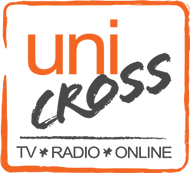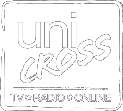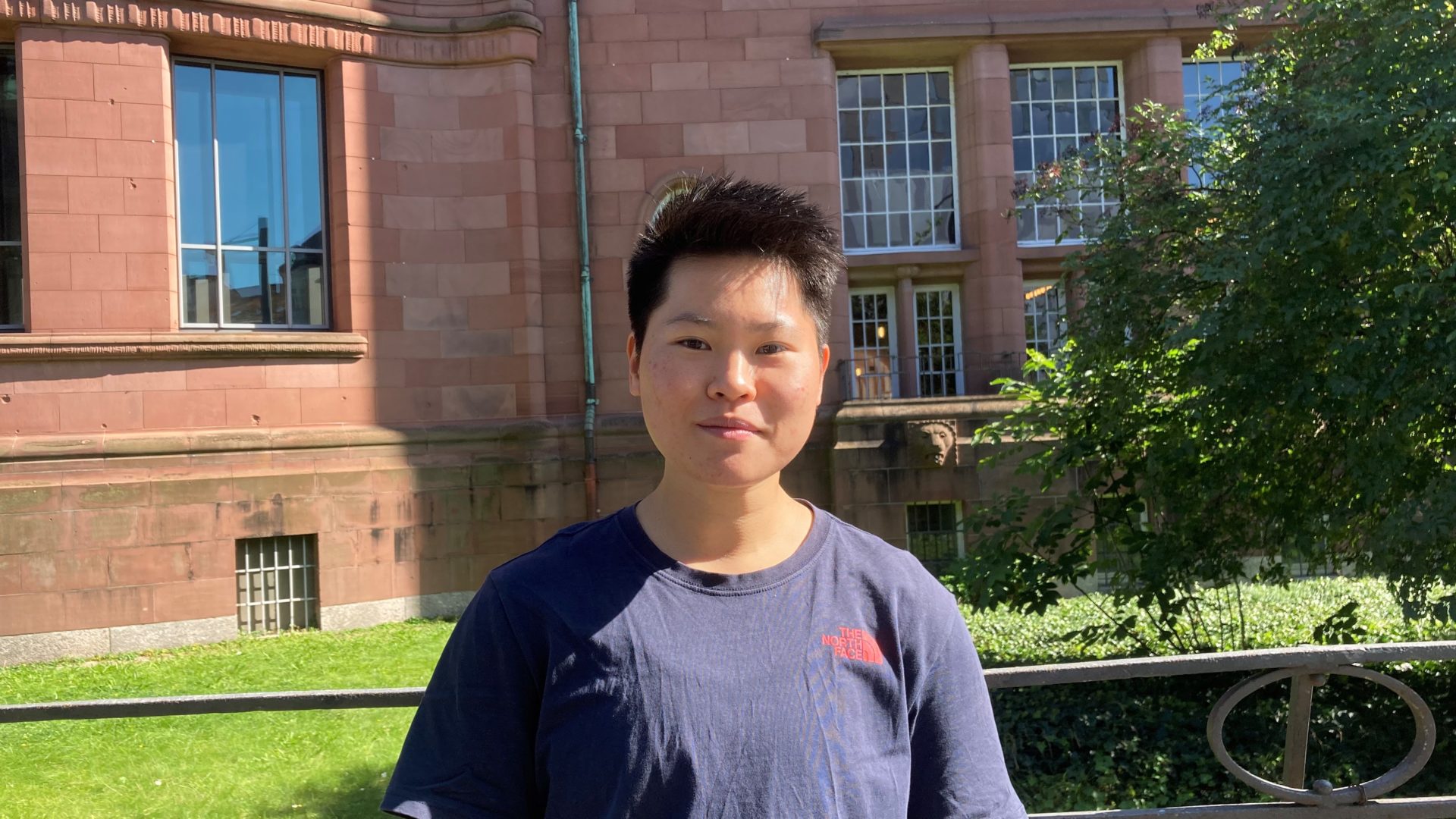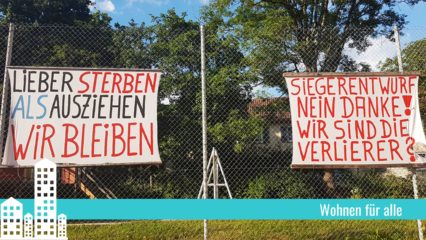Service Learning is a program of the “Zentrum für Schlüsselqualifikationen” (ZfS) that offers students the opportunity to educate themselves not only in the university context but also by engaging in civil society through working for an NGO. Service Learning offers accompaniment with workshops and reflection.
Student Ho Chien came to Germany a year ago to do her masters in science of economics in Freiburg and participated in Service Learning.international last semester.
Hello Ho Chien, what kind of program is Service Learning.international?
It is like an entry to NGOs and non-profit organisations. There is a similar course in German, but this one is targeted to international students. So the special thing of the international program is that the main language is English and that you work in small international teams. That breaks the language barrier for international students who would like to get involved in German civil society. The course requires 30 hours of volunteering for the whole semester.
Why did you choose to participate in that program?
I already did some voluntary works when I was back in Taiwan, but I am still learning German in a very beginner’s state so it would be really difficult for me to get involved in a German organisation. Suppose you first arrive in Germany: How can you know which organisations would allow you to communicate in English? With the university as a bridge or as an “agent in between“ it is much easier.
So what NGOs can you choose to work for?
Last semester there were for example a free radio called “Our Voice”, the “Eine Welt Forum”, Foundersclub, Uni für Alle and the bike workshop by the Office for Migration and Integration of the City of Freiburg. This semester you can also choose to work for Greenpeace and the Young European Federalists.
What organisation have you worked for the past semester?
I worked with “Our voice”. It is a sector of the Radio-Dreyeckland that focusses on refugees and immigrants. But mainly on refugees, that was very different from my expectations. With immigrant issues I would be able to relate more due to my personal experience.
What exactly have you been doing at the radio?
At first, it was difficult to find my position. I was the only Asian there and I do not speak German. That immediately differentiated me out. They were really friendly, it was only me having a hard time finding a position. What can I give, how can I help? I ended up with the promotion of social media. They are doing campaigns and making radio programs wanting to let people know how it is to be a refugee. So it is important to reach more German people or in general more people in the society.
For what experience are you especially thankful?
With this course there is another part that includes workshops and reflection sessions. The very different part I have seen here in Germany is that constant reflection are expected to be made. In Taiwan you are only gaining specific knowledge of the field you work in. In the course here you were first connected with your organisation and then there were five reflection sessions, provided throughout the semester in different phases. In each of them they asked you to think about your experience when doing the volunteering. There were also group reflections, which I suppose aim at making the teamwork between the students more efficient. That is very special here.
What have you learned?
Oh, I have learned a lot. One might think that volunteering is about giving, but (service) learning is about absorbing and gaining something from the outside world. For me that is an important mindset. If you just think that you are volunteering that means giving all the time and that can be very demanding. When the semester progressed I started to get more friends, I started to get to know people from the program, so it also gave me something back.
To whom you would recommend the course?
In general to every student. If you are German and want to work in a transcultural environment, this is definitely a course for you. For international students it’s easier to get access to German civil society. I think as an individual in modern world it’s really important to understand what is going on around you, not only at macro levels.




